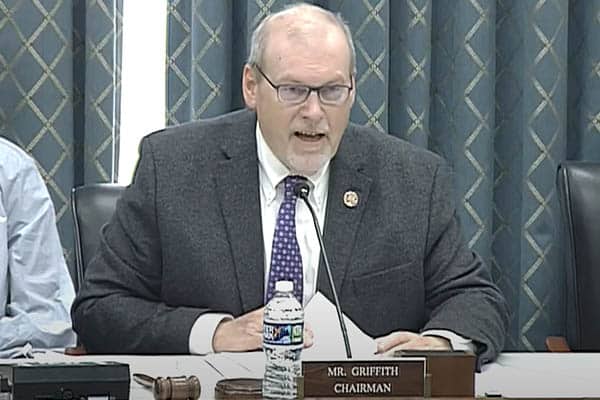Haiti
 The United States is close to existing for 250 years, in which we have exercised stable and relatively peaceful government. Due to the unjust and tyrannical British throne, our American ancestors engaged in a series of conflicts and disputes that culminated in the American Revolution.
The United States is close to existing for 250 years, in which we have exercised stable and relatively peaceful government. Due to the unjust and tyrannical British throne, our American ancestors engaged in a series of conflicts and disputes that culminated in the American Revolution.
With the help of Virginian leaders like George Washington and Patrick Henry, among others, the American colonies were able to slay the imperialism of King George III. This victory marked the first time in the Western Hemisphere that a people toppled their European overlords.
American independence caught the attention of other colonies in the New World.
One colony who took immediate notice was on an island just south of Florida known as Hispaniola (present-day Haiti and the Dominican Republic) and the site of Christopher Columbus’ 1492 arrival to the New World.
Originally a colony of Spain’s that received many slaves from the slave trade, France settled the western part of the island (colony known as St. Domingue) while Spain maintained Santo Domingo and the eastern part.
Fed up with the Europeans, a slave revolt in 1791 took Hispaniola by storm. Toussaint Louverture, a freed former slave, soon led the Haitian Independence movement on the French western side of the island.
After Louverture’s success, he emancipated the slaves in St. Domingue and eventually helped free the eastern side of the island from the Spanish.
The Haitian Revolution was a significant achievement, as it was the second domino to fall against European colonialism in the New World, and the first instance where former slaves or indigenous peoples led the revolution.
Their independence, like America’s, inspired promising prospects of a bright future.
One of Haiti’s cultural contributions was in the realm of literature. The grandson of a Haitian slave, and the son of a mixed-race general who fought under Napoleon, Alexandre Dumas produced several notable literary works in the 19th century.
“The center of the most animated group was a Musketeer of great height and haughty countenance, dressed in a costume so peculiar as to attract general attention” reads the opening line to a chapter in The Three Musketeers.
Another renowned novel, The Count of Monte Cristo, is a top literary classic to this very day.
Nearly 250 years later, despite great early leaders and clear intellects like Dumas, Haiti’s early success has not translated to a stable or relatively peaceful government.
Today, Haiti is struggling.
In 2021, Haiti’s president was assassinated in his private residence, plunging the country into chaos.
Armed gangs now fight for control of the streets, as Port-Au-Prince, the country’s capital, is estimated to be almost entirely controlled by various gangs.
700,000 people have been displaced according to the United Nations (UN), and nearly five million Haitians face severe food insecurity.
Haiti’s main international airport, named for Louverture, was closed for months. A UN helicopter was recently shot at and forced to make an emergency landing.
Two U.S. missionaries were tragically murdered this May. The U.S. has called for all their citizens and aid workers to immediately leave the country.
These conditions make the country impossible to live in. Unlike most who immigrate to the United States across our southern border, some Haitians may actually have a legitimate claim to asylum.
As this crisis unfolds in “America’s backyard”, I have to ask the question: where is President Biden? Where is Kamala Harris? She was supposed to come up with solutions to “root causes of migration” problems on the southern border. To my knowledge, she has done nothing regarding Haitians fleeing terror and chaos in their country.
It is true that in June, Kenyan forces arrived in Haiti in an attempt to stabilize the situation. And in fairness, the United States is funding part of Kenya’s effort.
The U.S. had at one point expressed interest in transforming this security mission into a peacekeeping operation, supported by the Ambassador of Haiti, but China and Russia have been supportive of the armed forces approach.
Could Russia and China be hoping for further instability in Haiti, where there could be potential spillover effects into the U.S.?
I can’t say.
But as Russian warships make visits to ports in Cuba, Venezuela and Nicaragua, and China makes billions of dollars in investments in Latin America, Haiti is no doubt a country our adversaries have their eyes on.
We hope that the country of Haiti, as one of the earliest republics in the New World, won’t be just a pawn, but will be able to straighten out its problems and once again have a stable and peaceful government.
If you have questions, concerns, or comments, feel free to contact my office. You can call my Abingdon office at 276-525-1405 or my Christiansburg office at 540-381-5671. To reach my office via email, please visit my website at www.morgangriffith.house.gov









